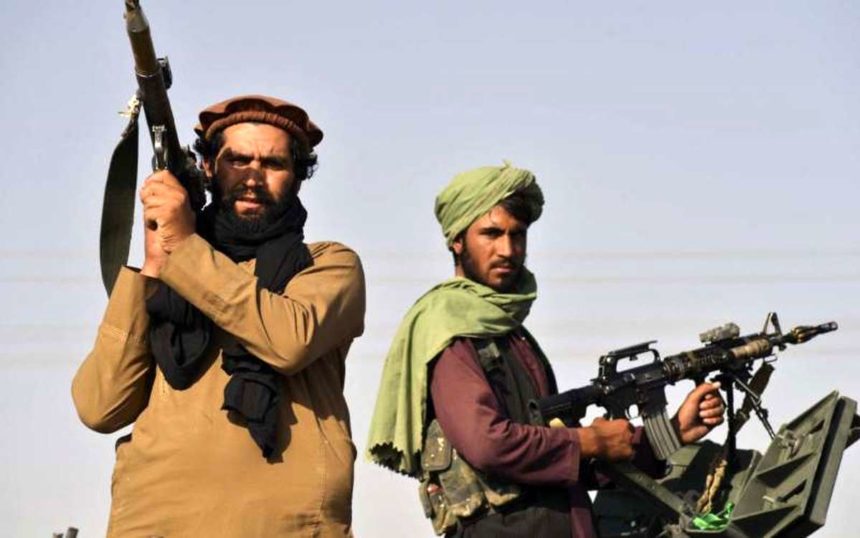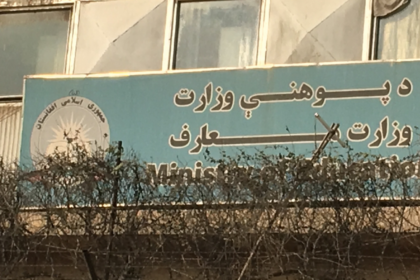RASC News Agency: Reports emanating from the Farah province in western Afghanistan indicate an ongoing cultivation of narcotics by specific Taliban factions within the confines of this province. A local informant in Farah, under the condition of anonymity, divulged to a correspondent from the RASC News Agency on Sunday, January 7, that the Bakwah county in this province stands as one of the largest centers for the cultivation and trafficking of narcotics in Afghanistan, encompassing vast expanses devoted to the cultivation of these substances.
The source further underscores that Bakwah county, situated in the Farah province, assumes a strategic role in western Afghanistan for drug traffickers, with numerous operations clandestinely aligned with the narcotics trade. As per the source, the Taliban group progressively reinforces its revenue streams through the cultivation of narcotics, specifically targeting “heroin and hashish.” They exploit this avenue to fund their ongoing agendas. The source contends that the Taliban group exports the cultivated narcotics to neighboring countries while concurrently denouncing the cultivation of these substances as forbidden and sinful for the local populace.
Meanwhile, another undisclosed source shared with a RASC correspondent that: “Taliban members are deeply entangled in the cultivation of narcotics in the planting sector each individual is obligated to fulfill their duties on a rotational basis.” The source additionally reveals that scores of Taliban members bear responsibilities in the narcotics cultivation sector, operating in diverse villages of Bakwah county in Farah province, western Afghanistan. According to the source, “Each Taliban individual involved in the cultivation and sale of narcotics claims a percentage of the proceeds, particularly from heroin.”
This source explicitly states that, beyond Bakwah county, other counties like Posht Rod, Posht-Koh, Balablok, Joain, and others in Farah province have reported a surge in narcotics cultivation. Yet another source from Farah, unwilling to disclose their identity, informed RASC that the cultivation of narcotics by the Taliban group has persisted for years, yielding uninterrupted results. They express, “The weaponry in the possession of Taliban members currently functions as a source of income derived from narcotics cultivated in previous regimes, which remains accessible to them.”
Nevertheless, Akram Mohammadi, a resident of Farah province, conveyed to RASC that the Taliban group resorts to any means necessary to accomplish their objectives. He asserts that a considerable number of Taliban members lack adequate literacy and are compelled to engage in activities such as cultivation, purchasing, selling narcotics, etc. On the other hand, Essa Barati, a knowledgeable official in western Afghanistan, informs RASC that armed groups in Afghanistan, particularly the Taliban, besides cultivating narcotics, engage in other illicit activities.
He adds that leaders of the Taliban group annually amass millions of American dollars from the cultivation and trafficking of narcotics, inflicting a substantial blow to all segments of society, particularly the youth. Barati addresses international institutions, emphasizing the need for measures to eradicate the drug issue in Afghanistan, thereby eliminating this heinous phenomenon from the lives of the people, both within and outside the country.
Authorities of the Taliban in Farah province have opted to remain silent on this matter. It is noteworthy that provinces like Farah, Nimroz, etc., are considered regions in Afghanistan where the cultivation and trafficking of narcotics transpire both within and outside the country.






